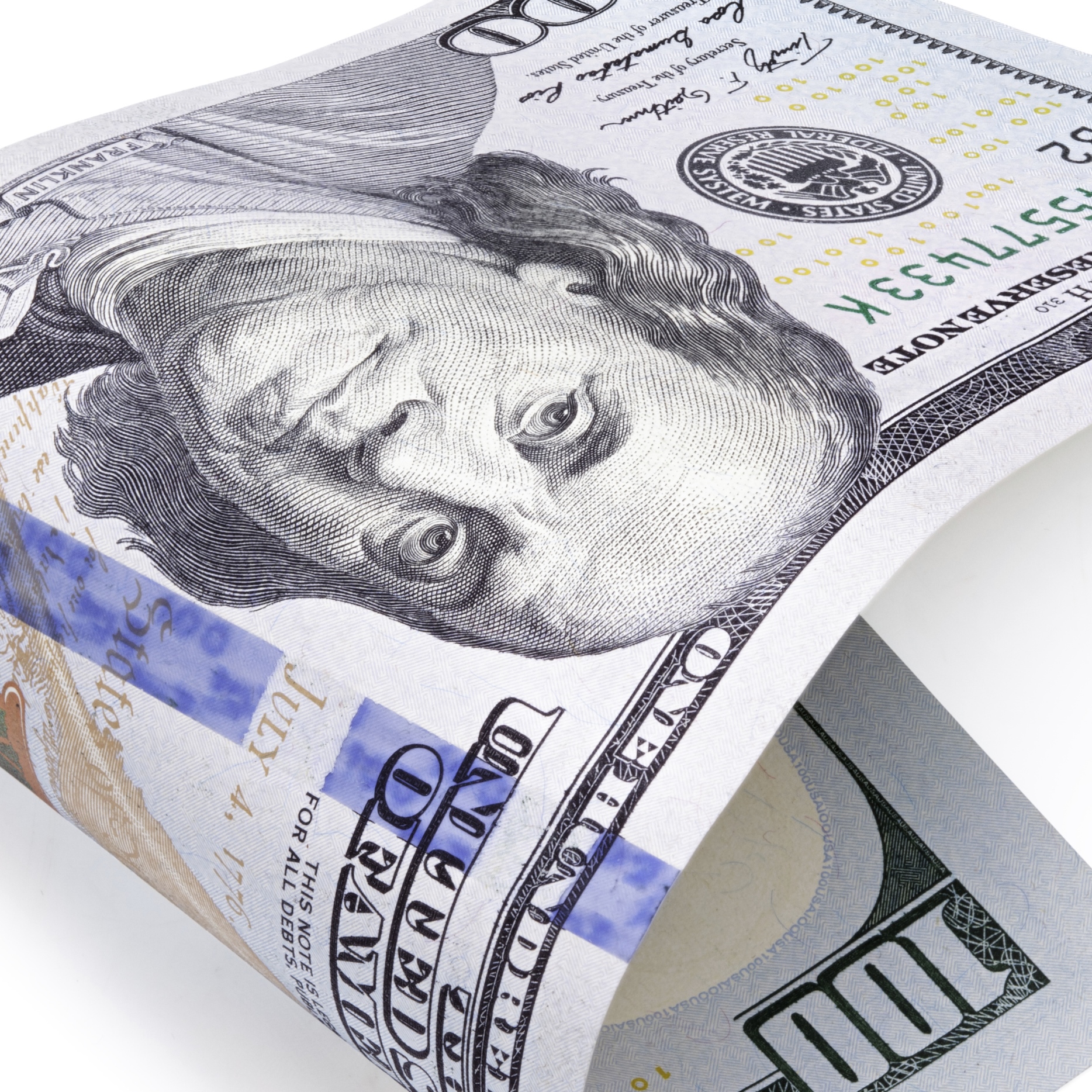
This post may contain links from our sponsors and affiliates, and Flywheel Publishing may receive
compensation for actions taken through them.
When Saudi Arabia persuaded its fellow OPEC members in December 2014 to produce more oil as a response to the falling price of crude, the idea was to drive out the high-cost producers, primarily in the U.S. shale patch. To some degree that worked, as many companies, especially those who had borrowed heavily and couldn’t make money when prices fell below $40 a barrel filed for bankruptcies.
But that oil they were chasing is still there, and in many North American shale plays, the cost to extract that oil has dropped from around $70 a barrel to below $50 a barrel. According to energy industry consultancy Wood Mackenzie, the average North American shale play’s break-even price is now below $50 a barrel, with break-even prices in some fields (the Wolfcamp formation in the Permian Basin, for example) below $30 a barrel.
Even deepwater production from the Gulf of Mexico has fallen for all but the deepest water. Wood Mac’s estimated range of break-even pricing for the Gulf’s shallow water subsalt Miocene runs from about $32 a barrel to $52 a barrel.
On top of production we need to add in overhead and interest charges and transportation costs. Overhead costs are roughly $4 a barrel no matter where in North America a barrel is produced. Transportation costs, however, are a different story.
A barrel of Permian Basin crude may cost just $3 to get to the Gulf Coast refineries and export terminals. A barrel of Bakken crude may cost up to $12 a barrel to ship by rail to the U.S. east coast. That Bakken barrel costs about $52 to produce, so the all-in cost of a barrel is about $68 on average.
What this means for the price of U.S. crude oil is that it is expected to remain well below the $100 per barrel levels of the last decade.
Want to Retire Early? Start Here (Sponsor)
Want retirement to come a few years earlier than you’d planned? Or are you ready to retire now, but want an extra set of eyes on your finances?
Now you can speak with up to 3 financial experts in your area for FREE. By simply clicking here you can begin to match with financial professionals who can help you build your plan to retire early. And the best part? The first conversation with them is free.
Click here to match with up to 3 financial pros who would be excited to help you make financial decisions.
Have questions about retirement or personal finance? Email us at [email protected]!
By emailing your questions to 24/7 Wall St., you agree to have them published anonymously on a673b.bigscoots-temp.com.
By submitting your story, you understand and agree that we may use your story, or versions of it, in all media and platforms, including via third parties.
Thank you for reading! Have some feedback for us?
Contact the 24/7 Wall St. editorial team.




